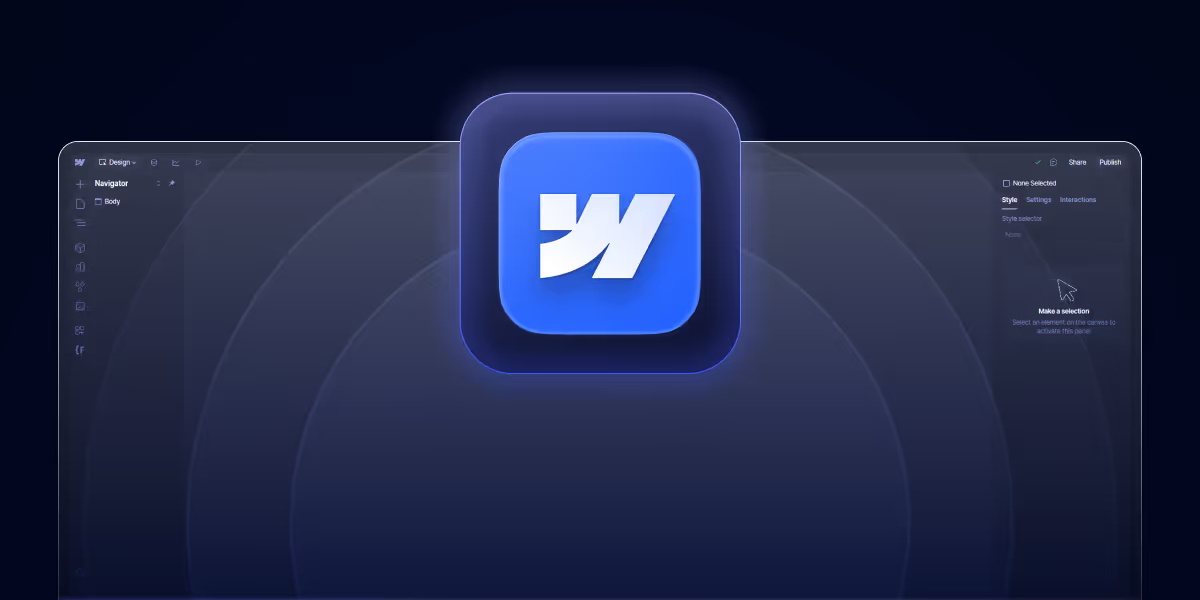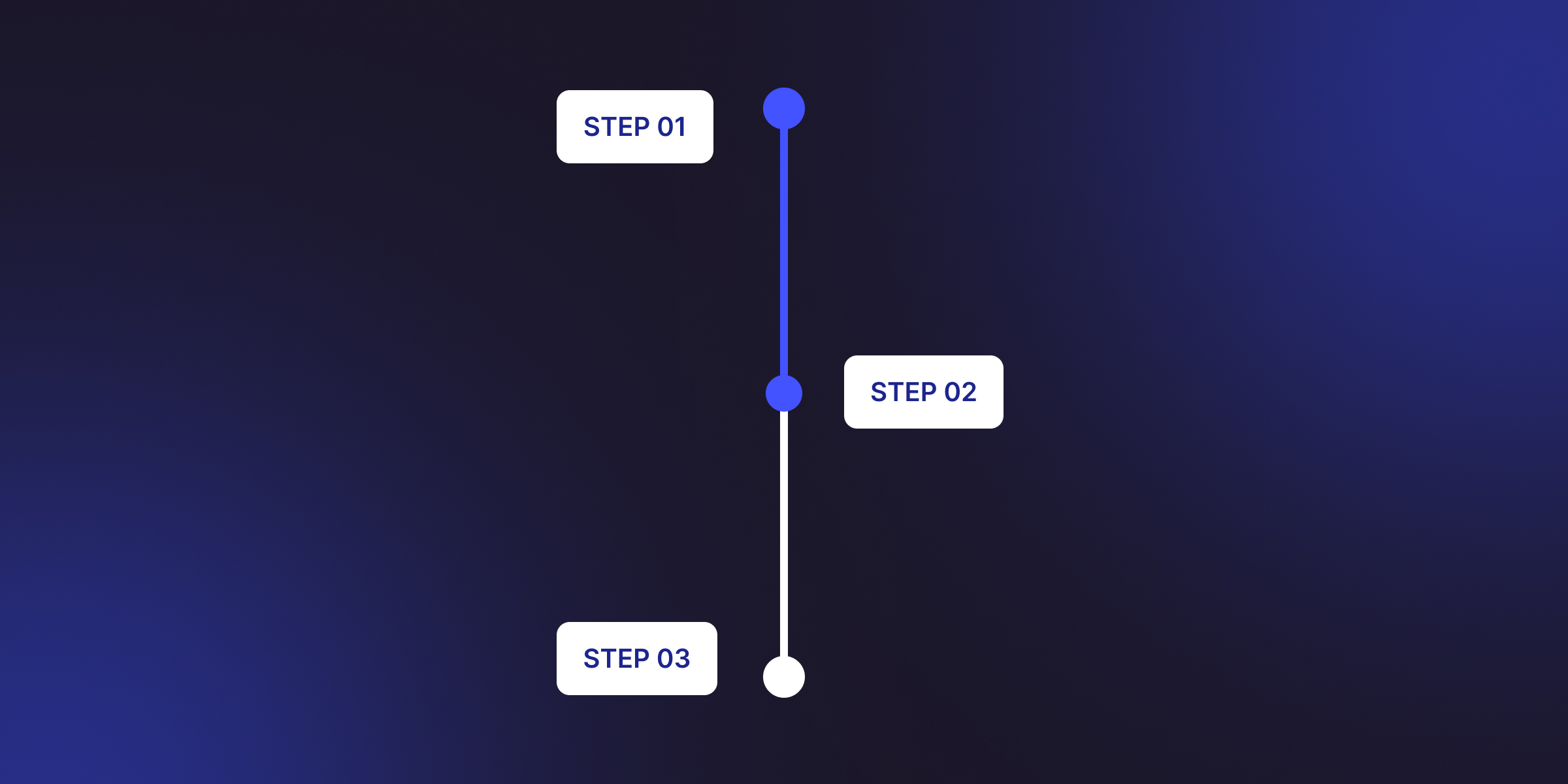Webflow vs. Wix: Comparison Guide for Website 2026
Compare Webflow vs Wix to find the best website builder for your website needs. Explore features, SEO, pricing, ease of use, design flexibility, and more.

Actionable insights to improve SEO, speed, and conversions

Webflow has become one of the most powerful low-code/no-code platforms available today. It`s allowing creators to design, build, and launch websites without writing a single line of code. Its visual development approach has gained immense popularity among designers, developers, and agencies who look for flexibility and control over their web projects.
As more people explore alternatives to traditional web development methods, Webflow stands out for its ability to build diverse and dynamic digital experiences. In this article, we’ll dive into what you can build with Webflow, from simple portfolios to complex interactive applications.
Webflow’s approach to web design and development brings a unique blend of visual creativity and technical precision. Here’s why it’s a favorite among modern creators:
Recommended To Read: Webflow SEO: A Beginner’s Guide to Win Over the Search Engines
Compared to other traditional platforms like WordPress, Wix, and Squarespace, Webflow offers greater control over design and interactivity. While WordPress often requires plugins and custom code, Webflow’s visual editor empowers users to create designs without sacrificing functionality. Wix and Squarespace are user-friendly but often lack the depth of customization that Webflow provides.
Must Check:
Webflow fills the gap between design and development. Webflow allows designers to build complex sites that would typically require developer intervention. With its robust CMS and flexible interactions, it supports the entire web development process from ideation to deployment.
Here are some key points on what you can build with Webflow:
Webflow’s versatility means you can create:
Webflow isn’t limited to static sites. You can build:
Thanks to its powerful Webflow CMS, Webflow excels at content management:
Design lead-focused pages that convert:
Maintain consistency across projects by creating:
Must Read: How to improve Website UX
Many agencies and brands use Webflow for diverse projects. Notable examples include custom portfolio sites, dynamic product pages, and interactive storytelling platforms. Highlighting successful case studies can inspire your own projects.
Webflow opens up endless possibilities for creators who want to build without code. Whether you’re crafting a simple blog or a complex web application, Webflow’s robust features and flexibility make it the ideal choice. Start building today and unlock the full potential of your web projects with the help of theCSS agency.
At the CSS Agency, specialize in creating high-performing, customizable, and mobile-friendly Webflow agency that are tailored to drive e-commerce success. Contact us today to learn more!
Yes, Webflow’s CMS is designed to handle content-heavy sites with dynamic collections and powerful publishing tools.
While WordPress is plugin-heavy and code-centric, Webflow offers a more visual, designer-friendly approach with built-in SEO and CMS features.
Yes, Webflow is built with SEO in mind, offering customizable meta tags, clean HTML structure, and performance optimization tools.
With the help of Webflow, we can create websites from simple landing pages to complex e-commerce stores. Webflow also allows for creating interactive elements, animations, and even some basic web app functionality.
.avif)
Compare Webflow vs Wix to find the best website builder for your website needs. Explore features, SEO, pricing, ease of use, design flexibility, and more.

Compare Webflow vs Squarespace to find the best website builder for your needs. Explore features, pricing, design freedom, and SEO to make the right choice.

Find Webflow scroll animations with our complete guide. Learn scroll into view, while scrolling, parallax effects, and advanced techniques with step-by-step tutorials.
Quick Turnaround. No Contracts. Cancel Anytime. Book a 30 minutes consulting call with our expert.